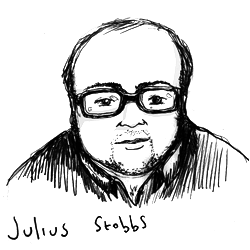The General Court did not jump on-board: acquired distinctiveness is the only way to registration for simple geometric shapes
The General Court did not agree with the arguments raised by the Applicant (VistaJet ltd.) in support of their challenge of the First Board of Appeal decision[1]. The mark was found to be too simplistic to have any distinctive character. The Applicant, VistaJet ltd., applied for a position mark consisting “of a horizontal red stripe…

